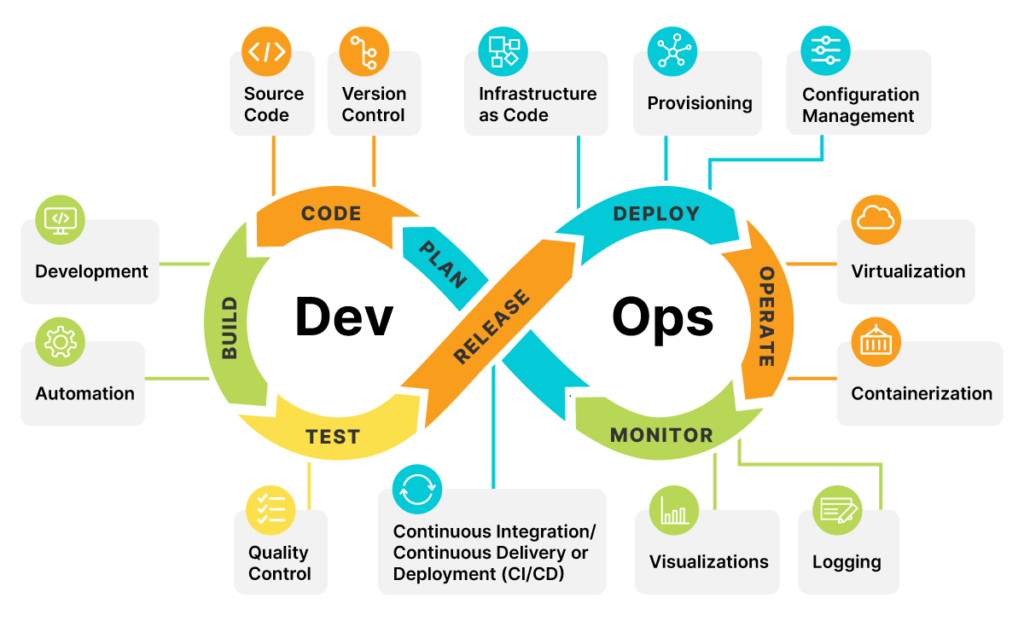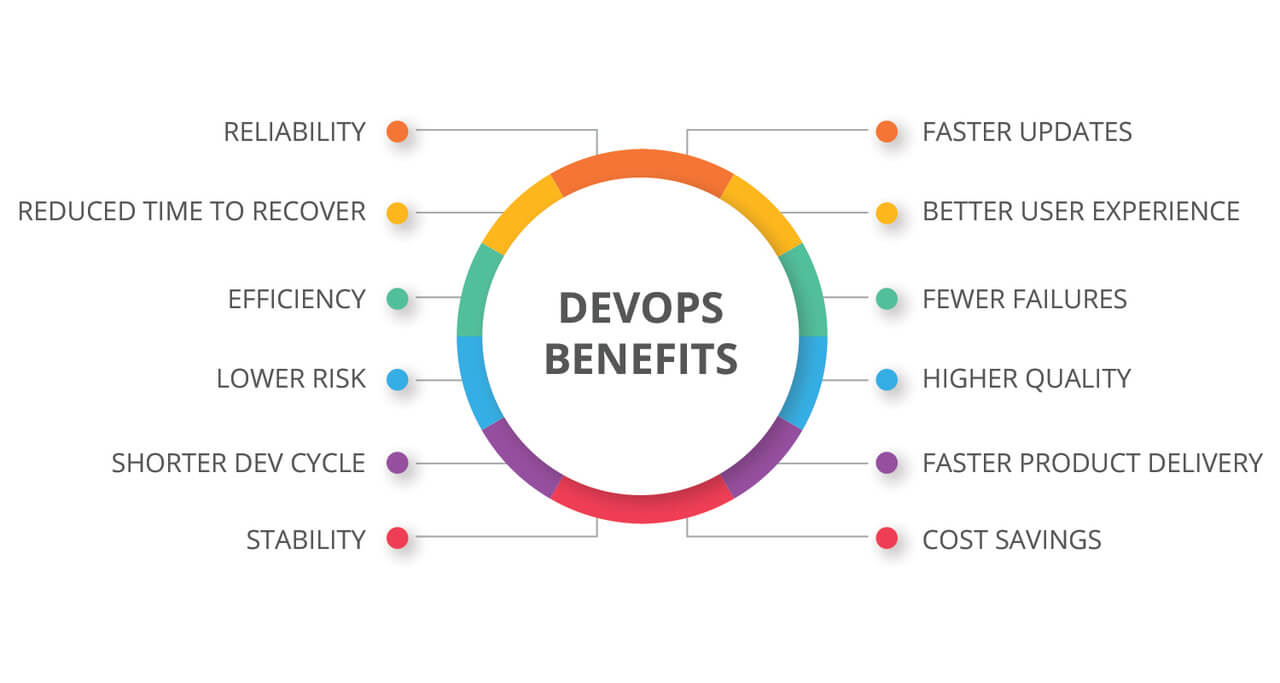Day 1: Introduction To DevOps
 Moiz Asif
Moiz Asif
In the fast-paced world of software development, businesses are constantly seeking ways to accelerate the delivery of high-quality applications while ensuring reliability and stability. This is where DevOps comes into play. DevOps is not just a buzzword; it's a transformative approach that has revolutionized the software development and operations landscape. In this blog, we will delve into the fundamentals of DevOps.
What is DevOps?
DevOps is a collaboration between Development and IT Operations to make software production and Deployment in an automated & repeatable way. DevOps helps increase the organization’s speed to deliver software applications and services. The full form of DevOps is a combination of 'Development' and 'Operations.'

Benefits of DevOps:
Increased Collaboration
Accelerated Delivery
Innovation and Adaptability
Efficiency and Cost Savings
Enhanced Quality and Reliability
Scalability
What is Automation, Scaling, and Infrastructure?
Automation:
Automation in DevOps refers to the process of using tools and scripts to replace manual and repetitive tasks with automated workflows. By automating various stages of the software development lifecycle, developers and operations teams can reduce human errors, save time, and increase consistency.
Scaling:
Scaling in DevOps involves adjusting resources, infrastructure, or application components to handle varying workloads efficiently. As software demand fluctuates, the ability to scale up or down becomes essential to ensure optimal performance and resource utilization. There are two primary types of scaling in DevOps:
Vertical Scaling: Also known as "scaling up," this involves adding more resources, such as CPU, memory, or storage, to a single server to handle increased demand.
Horizontal Scaling: Also known as "scaling out," this involves adding more servers or instances to distribute the workload across multiple machines, increasing overall capacity.
Infrastructure:
DevOps promotes the concept of "Infrastructure as Code" (IaC), where infrastructure provisioning and management are treated as code, just like application code.
Why DevOps is Important?
DevOps is important for a multitude of reasons, as it brings numerous benefits to organizations involved in software development and IT operations.

Subscribe to my newsletter
Read articles from Moiz Asif directly inside your inbox. Subscribe to the newsletter, and don't miss out.
Written by
